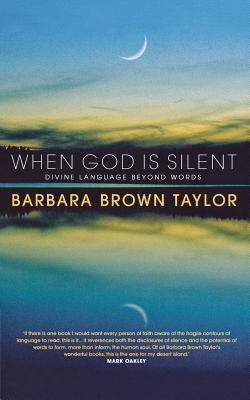What do you think?
Rate this book


144 pages, Paperback
First published January 1, 1998
"Without limits, we would have no feel for the infinite. Without limits, we would be freed from our longing for what lies beyond. It is precisely our inability to say God that teaches us who God is. When we run out of words, we are very near the God whose name is unsayable."
"At their request, God never spoke to all the people again. Secondary speech replaced primary speech. The pillar of fire and cloud that led the people through the wilderness gave way to a tabernacle they could carry around with them. The hot lava of God's voice cooled into the six hundred thirteen commandments of the law."`
Perhaps there is no proof a famine exists except for the fact that people are hungry. In the land of plenty, the source of that hunger can be difficult to diagnose. It is often not until we have tried to ease it with everything else we know that we discover by process of elimination our hunger for God. Our problem is not too few rations, but too many. The proof that we are in the midst of a famine of the Word are the suffocating piles of our own dead words that rise up around us on every side. It is because they do not nourish us that we require so many of them. It takes thousands of words, coming at us every moment, to distract us from the terrible silence within.